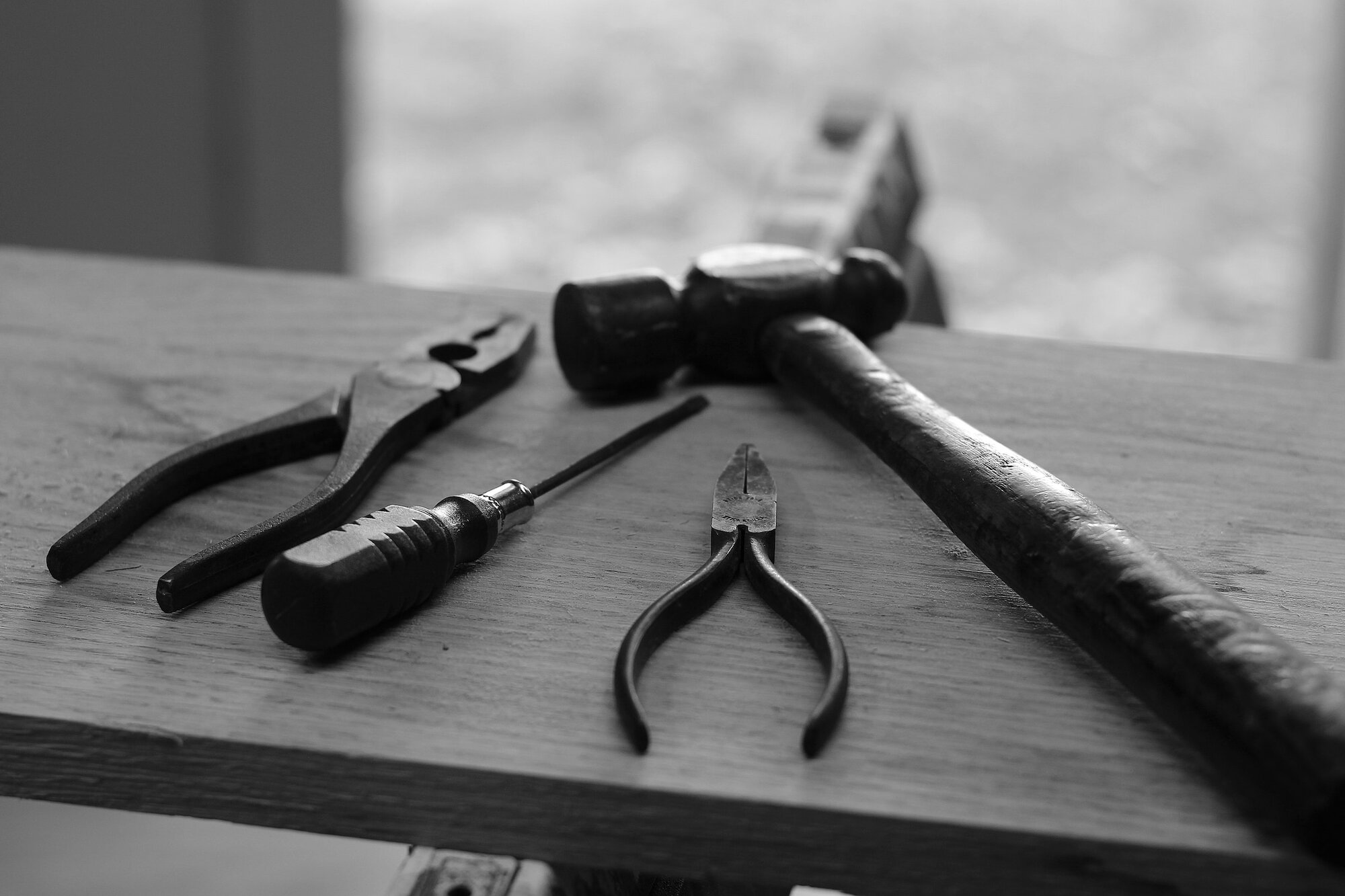You’ve just bought a Shared Ownership home; perhaps a 40%, 25% or 10% share. Who pays for repairs? The short answer is: you do! The moniker, ‘Shared Ownership’, can cause confusion. So, it’s important to understand that the costs of repairs and maintenance aren’t ‘shared’ between shared owners and their landlords.
Shared owners generally pay all the costs of repairs and maintenance, regardless of the size of their share. However, it’s a little more complicated than this. All homebuyers purchasing a new-build home are protected against defects by New Home Codes. That includes shared owners! Additionally, recent government reforms mean that some shared owners will receive support for some repair and maintenance costs.
In this article, we’ll explain what you need to know about who pays for repairs and maintenance.
Repairs and maintenance - terminology
We’ll start off by explaining some common terms you might come across: repairs, maintenance, cyclical maintenance and planned maintenance.
Repairs are necessary when something breaks, gets damaged or stops working. One way of looking at maintenance is that it is carried out to reduce the need for repairs. For example, if a communal lift is regularly serviced (maintenance), it is less likely to break down.
Cyclical maintenance takes place according to a specified schedule. For example, your building’s lift might need a service visit every six months, while your external windows might be repainted every ten years.
Planned maintenance includes activities such as inspections, which can help to identify whether items - for example, smoke alarms - are in good working order.
Responsibility for repairs and maintenance
Different Housing Associations have different ways of explaining responsibility for repairs and maintenance.
As a shared owner, you are responsible for repairs inside your home. This does not apply to defects if you’re within your defect period.
Repairs to communal areas
If you live in a shared building, Clarion is responsible for maintaining and repairing:
- the communal areas
- the communal plumbing
- the communal heating and electrics
- fire safety
- the structure of your building
Clarion Housing – Shared owner repairs
As a shared owner, you are a leaseholder (not a tenant) and there’s an agreement between you and MTVH that sets out your rights and obligations in full. We’ve summarised the most important things you need to know below.
If you live in a house
You may be responsible for the exterior of your building.
If you live in a flat
We are responsible for the exterior of your building and communal areas.
Metropolitan Thames Valley, Shared Owners
Regardless, it is essential to understand that ‘responsibility’ for undertaking repairs and maintenance is not the same thing as responsibility for paying for those repairs and maintenance.
How are costs shared?
In the example below, Magna Housing explain that the costs of maintenance and repairs are shared.
‘When we undertake cyclical and planned maintenance and other repairs, we will charge each shared owner and leaseholder a share of the cost of the work.’
Magna Housing – Paying for cyclical and planned maintenance
However, costs aren’t shared between shared owners and their landlords. Rather, the total costs are divided between the shared owners (and leaseholders) in a specified block or development.
‘You will need to pay for repairs and maintenance no matter what share you own’.
GOV.UK Repairs and home improvements
Check your own lease contract to find out how repair and maintenance costs are allocated between households. Depending on the date of your lease, this information could be under the heading ‘Service Charges – specified proportion’. Say there are 20 flats in your development. You might find that costs are divided equally between all the flats. On the other hand, your Housing Association might allocate costs according to floor area, so that households with larger flats pay more than those with smaller flats.
Service charges
You pay the costs of repairs and maintenance via your monthly service charge. This is based on estimated costs. You might need to make an additional payment, or receive a refund for overpayment, once actual costs have been confirmed.
Are service charges capped?
Service charges aren’t capped. There is no upper limit on the amount you could be charged in any particular year. This applies whether you’re a shared owner or a leaseholder.
Reserve funds
Your monthly service charge might include a contribution to a reserve fund (or sinking fund). This allows your Housing Association to build up a pot of money to pay for costly cyclical works. A reserve fund should help to smooth out costs, avoiding expensive one-off bills, say, when all the external windows are repainted, or the roof is replaced.
Estate charges
An estate charge (also known as an estate rentcharge) is different to a service charge. For example, you have a legal right to be consulted on service charges, but not when it comes to estate charges.
An estate rentcharge allows a third party – a management company or developers – to secure payments towards the costs of maintaining communal areas such as private roads or parks.
New-build defects and warranties
If you’ve purchased a share in a new-build Shared Ownership home, like any other homebuyer, you should have protection covering new-build defects. This means you shouldn’t be charged for repair costs arising from faulty design, workmanship or materials for a specific period of time. You will be covered by a new-build warranty, which generally lasts for 10 years.
The initial repair period
Some shared owners (not all) will have the costs of some repairs covered under a new 10-year ‘initial repair period’. This was introduced by the government in 2021 as part of a package of Shared Ownership reforms. The initial repair period is not retrospective, so you won’t benefit unless you bought your home since the reform was implemented. You can find out more in our upcoming feature: How does the initial repair period work?
Do your own research!
Different Housing Associations have different policies. And a number of recent reforms mean that different shared owners with the same Housing Association may have different lease terms and benefits. Check your own Housing Association’s policies, and your lease contract.
Additional resources
GOV.UK - Shared Ownership homes: Repairs and home improvements
HomeOwners Alliance – New Build Home Warranties: What they do and don’t cover


